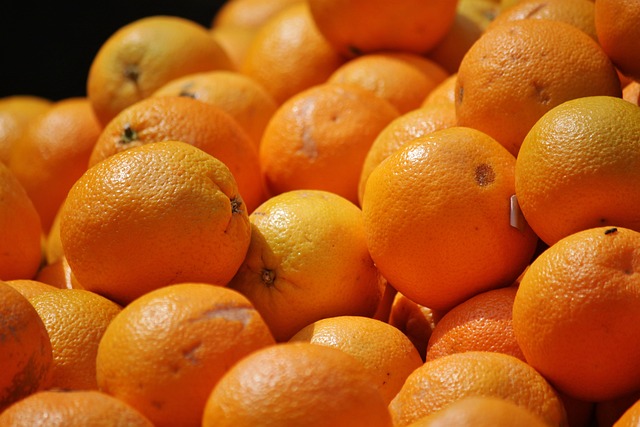Geneva — The World Trade Organisation (WTO) agreed on Friday to a South African request to give a ruling on its battle with the European Union over citrus exports, a trade official said.
South Africa is the world’s second-biggest exporter of oranges, lemons and grapefruits, behind Spain. It made earlier requests for WTO involvement that were opposed by the EU. Only one request for trade dispute mediation can be blocked.
The EU imposed restrictions two years ago on oranges, lemons, grapefruits and other citrus, saying it was to stop the spread of the False Codling Moth and a fungus known as Citrus Black Spot.
“South Africa reiterated that it has many serious concerns regarding the WTO consistency of these EU measures, which have had a severe impact on South Africa citrus food exports,” the Geneva-based trade official said.
Dispute panels established to review EU measures on imports of South African citrus fruit #TradeDisputes https://t.co/suE6BHyMyG pic.twitter.com/dr0bUso9jk
— WTO (@wto) July 26, 2024
South Africa also said the restrictions “appear to be adopted in response to political pressure from the EU’s citrus fruit industry”, according to the official.
EU health regulations require oranges to be kept at a maximum of two degrees Celsius (35.6 Fahrenheit) for 25 days.
South African producers say this is not necessary because of other measures taken to prevent the insects.
South Africa requested WTO intervention in 2022 on the False Codling Moth, which is particularly attracted to oranges and grapefruits. A second request on the fungus was made in April this year.
Two panels are to be set up to handle each case, the official said.
The EU side “reiterated its belief that its pest control measures are entirely justified and that it was confident it would succeed in these disputes,” the official said.
“Citrus growers in South Africa, the world’s biggest exporter of the fruit after Spain, spend about 3.7 billion rand ($203 million) annually to comply with the EU’s measures…Emerging citrus growers are especially hit hard with significant implications for livelihoods and jobs.” https://t.co/n8TFicUOLo
— W. Gyude Moore (@gyude_moore) July 26, 2024
Follow African Insider on Facebook, Twitter and Instagram
Source: AFP
Picture: Pixabay
For more African news, visit Africaninsider.com


